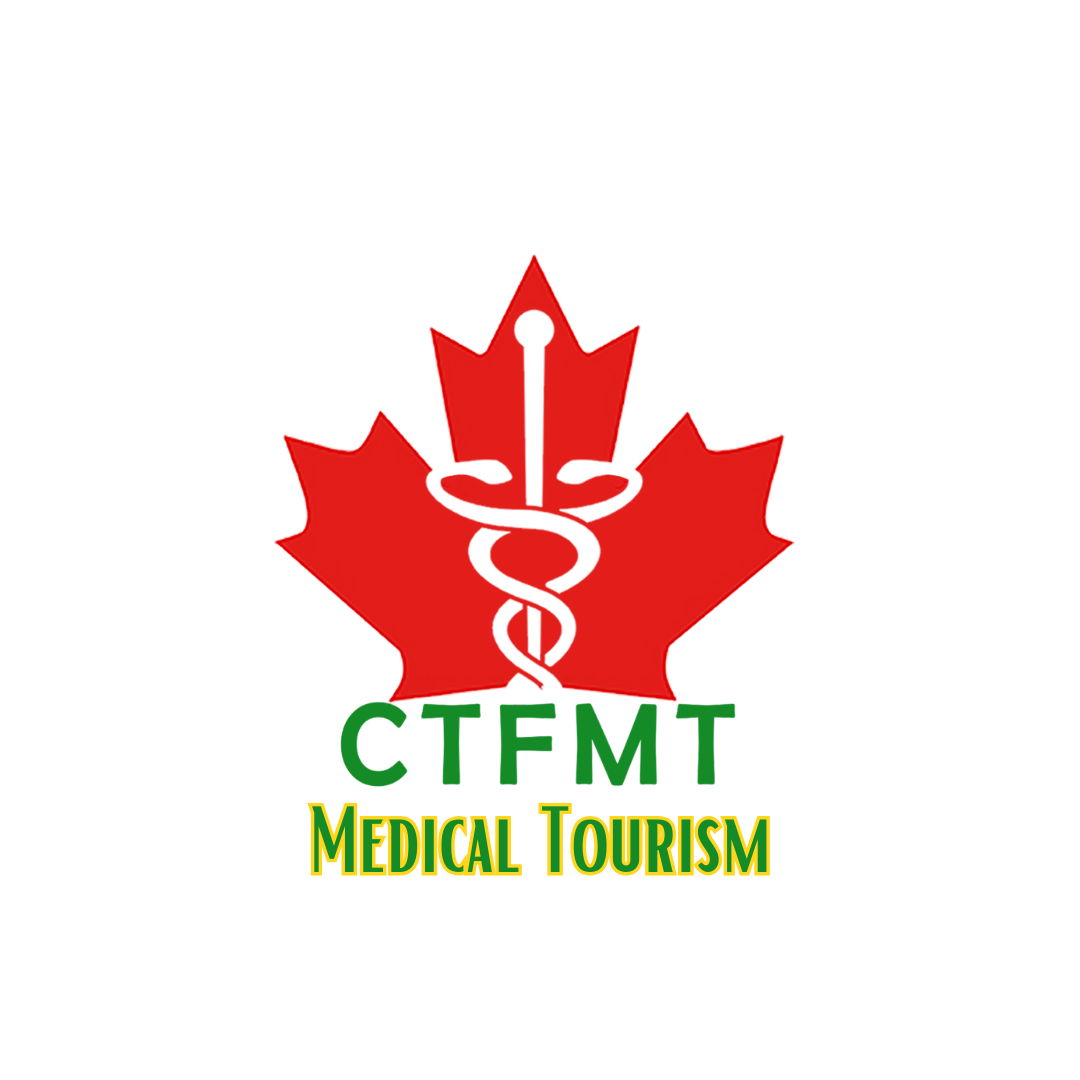Enhanced Prenatal and Neonatal Prognosis Program
CTFMT hilights the “Enhanced Prenatal and Neonatal Prognosis Program” implemented in Cuba is a comprehensive healthcare initiative aimed at improving prenatal and neonatal outcomes by incorporating genetic studies and advanced medical technologies. The program encompasses several key actions and components, which have contributed to significant achievements in infant mortality rates and the prevention of mother-to-child transmission of certain diseases. Here’s an overview of the program’s actions, impact, and benefits:
Actions of the Program:
- Assessment of Mothers During Pregnancy: The program focuses on assessing pregnant mothers for the presence of certain diseases that can be transmitted vertically from mother to child, such as HIV/sida, Hepatitis B virus (VHB), and Chagas disease. By identifying these conditions early, appropriate interventions can be implemented to prevent transmission to the newborn.
- Early Detection of Congenital Malformations: The program employs the measurement of Alpha-fetoprotein in mothers to detect congenital malformations in the fetus at an early stage. This enables medical professionals to provide appropriate care and support for pregnancies with potential complications.
- Diagnosis of Congenital Metabolism Errors: The program aims to diagnose congenital metabolism errors in newborns that can lead to severe neurodevelopmental difficulties. These conditions include Congenital Hypothyroidism, Phenylketonuria, Congenital Adrenal Hyperplasia, Deficit of biotinidase, and Galactosemia. Early diagnosis allows for timely intervention and treatment to minimize negative outcomes.
Technological Support and Specialized Medical Services:
- The program is supported by a team of specialized medical professionals, including Gynecologists and Obstetricians, Pediatricians, and specialized nursing staff.
- Advanced medical equipment and diagnostic kits are utilized for efficient and accurate testing and screening. These include systems like SUMA®, UMELISA® plate and strip readers, and diagnostic kits for various conditions such as HIV, Hepatitis B, and more.
Impact of the Program:
- The program has contributed to a significant reduction in infant mortality rates in Cuba. The infant mortality rate of 4.2 per 1,000 live newborns is among the lowest in the world.
- The incorporation of genetic studies and advanced diagnostics into primary healthcare has enhanced the ability to identify and manage potential health risks in both pregnant mothers and newborns.
- Early detection of congenital malformations and metabolic errors allows for timely medical interventions and personalized care plans, improving the long-term health and well-being of affected individuals.
Benefits of the Program:
- The program promotes the early detection and management of various neonatal pathologies, ensuring that potential health issues are identified and addressed as soon as possible.
- It facilitates the development of early intervention programs that can prevent or mitigate the negative effects of congenital metabolism errors, leading to improved outcomes for affected children.
- By ensuring timely diagnoses and treatment for newborns, the program contributes to the overall quality of life of children and their families, reducing the burden of lifelong health complications.
In summary, the “Enhanced Prenatal and Neonatal Prognosis Program” in Cuba is a comprehensive healthcare initiative that combines genetic studies, advanced medical technologies, and specialized medical services to improve prenatal and neonatal outcomes. Through its actions, the program has achieved remarkable results in reducing infant mortality rates and preventing the transmission of certain diseases from mother to child.
